Learning and Behavior
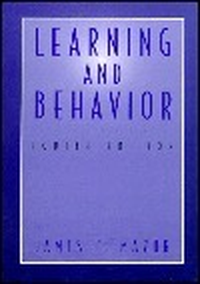
Summary
Describes some of the most important principles, theories, and experiments including recent research with human subjects that have been produced by this branch of psychology in its first century. Topics include theories about physiological changes that may occur during the learning process; innate behaviors and habituation; classical conditioning; the various facets of operant conditioning; research on concept formation; observational learning and motor-skills learning; and behavioral research on choice behavior. Annotation c. by Book News, Inc., Portland, Or.
Similar Books
-
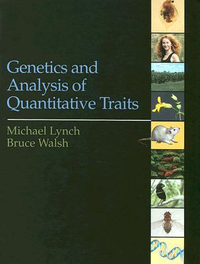 Genetics and Analysis of Quantitative Traits
Genetics and Analysis of Quantitative Traitsby Michael Lynch
-
 Lithic Debitage: Context, Form, Meaning
Lithic Debitage: Context, Form, Meaningby William Andrefsky Jr.
-
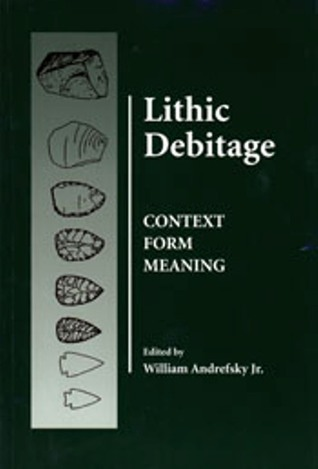 Lithic Debitage
Lithic Debitageby William Andrefsky Jr.
-
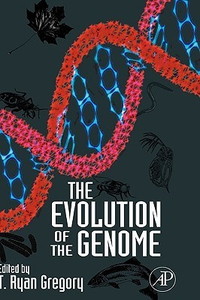 The Evolution of the Genome
The Evolution of the Genomeby T. Ryan Gregory
-
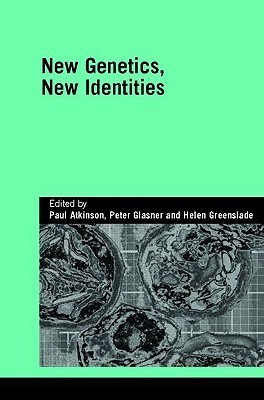 New Genetics, New Identities
New Genetics, New Identitiesby Paul Anthony Atkinson
-
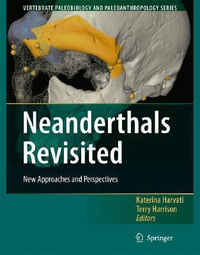 Neanderthals Revisited: New Approaches and Perspectives
Neanderthals Revisited: New Approaches and Perspectivesby Katerina Harvati
-
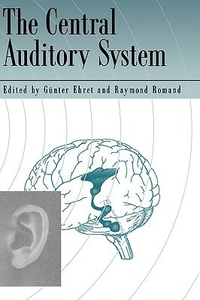 The Central Auditory System
The Central Auditory Systemby Gunter Ehret
-
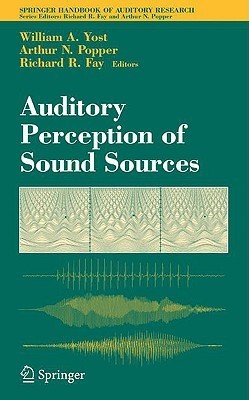
-
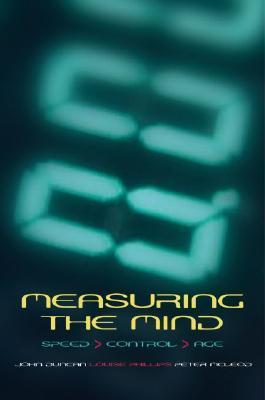 Measuring the Mind: Speed, Control, and Age
Measuring the Mind: Speed, Control, and Ageby John Duncan
-
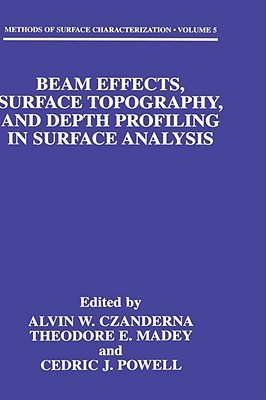 Beam Effects, Surface Topography, and Depth Profiling in Surface Analysis
Beam Effects, Surface Topography, and Depth Profiling in Surface Analysisby Alvin Warren Czanderna
-
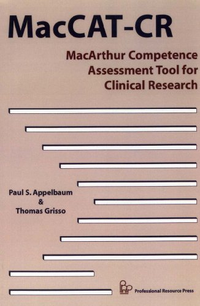 Macarthur Competence Assessment Tool for Clinical Research
Macarthur Competence Assessment Tool for Clinical Researchby Paul S. Appelbaum
-
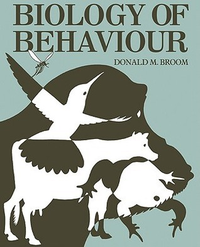 Biology of Behaviour: Mechanisms, functions and applications
Biology of Behaviour: Mechanisms, functions and applicationsby Donald M. Broom
-
 Measuring Movement and Locomotion: From Invertebrates to Humans
Measuring Movement and Locomotion: From Invertebrates to Humansby Klaus Peter Ossenkopp
-
 Advances in Neural Population Coding (Volume 130)
Advances in Neural Population Coding (Volume 130)by M.A.L. Nicolelis
-
 Instrumental Measurement of Sensory Quality Attributes in Food
Instrumental Measurement of Sensory Quality Attributes in Foodby Lester A. Wilson
-
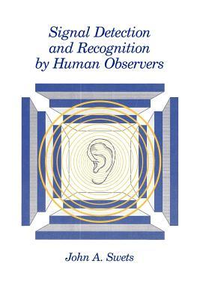 Signal Detection and Recognition by Human Observers
Signal Detection and Recognition by Human Observersby John A. Swets
-
 Developmental Psychobiology New Methods and Changing Concepts
Developmental Psychobiology New Methods and Changing Conceptsby Harry N. Shair
-
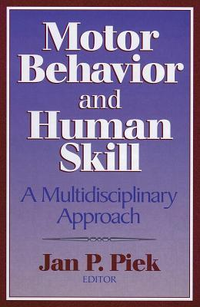 Motor Behavior and Human Skill: A Multidisciplinary Approach
Motor Behavior and Human Skill: A Multidisciplinary Approachby Jan P. Piek
-
 The Neurobiology of Behavior: An Introduction
The Neurobiology of Behavior: An Introductionby Gordon J. Mogenson
-
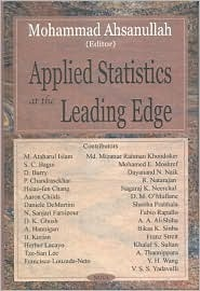 Applied Statistics at the Leading Edge
Applied Statistics at the Leading Edgeby Mohammad Ahsanullah
-
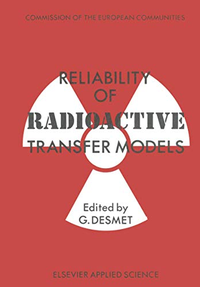 Reliability of Radioactive Transfer Models
Reliability of Radioactive Transfer Modelsby G. Desmet